
Protecting public health from PFAS
State law to protect public health from PFAS could not be more timely.
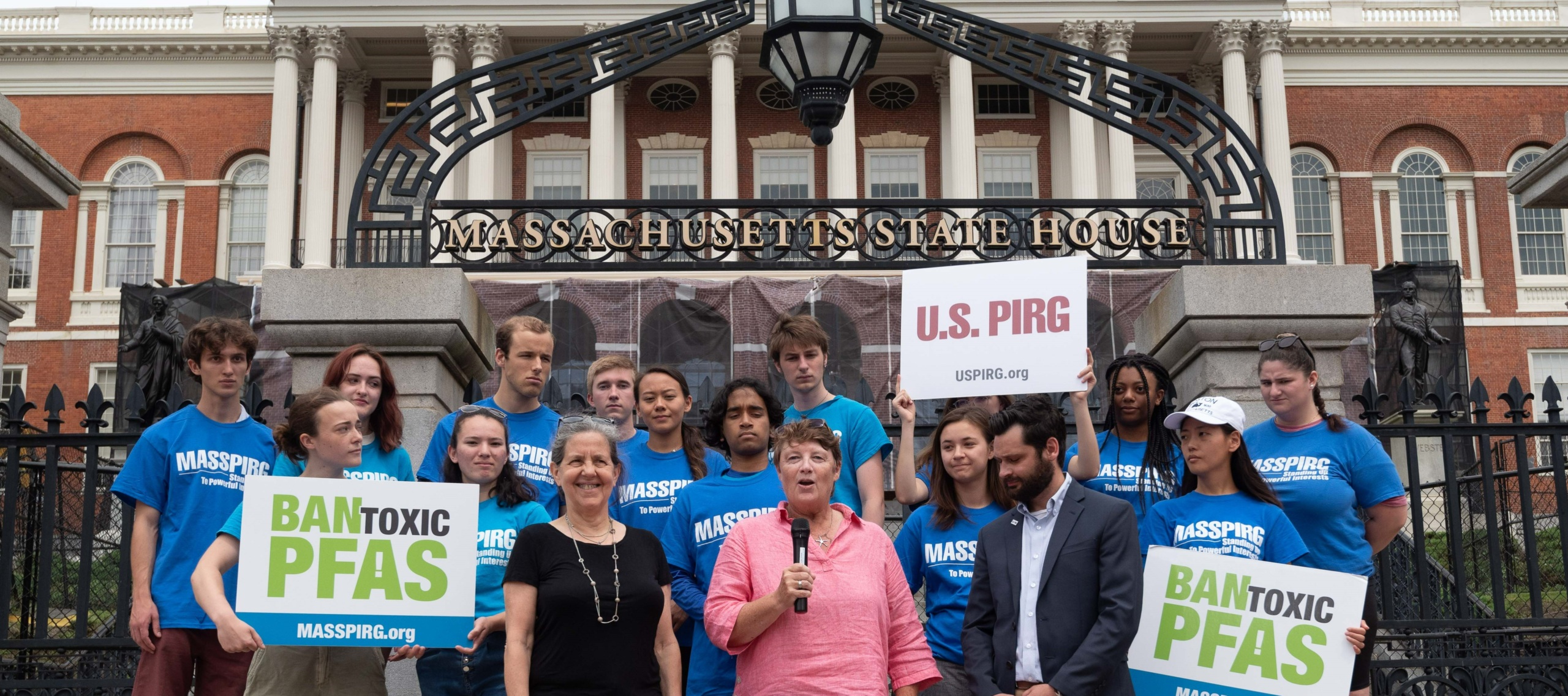
Late last week the Massachusetts Department of Public Health (DPH) advised consumers not to purchase or consume Simpson Spring products until further notice, after per- and polyfluoroalkyl substances (PFAS) contamination exceeding drinking water standards was found in water bottled and distributed by the company. The DPH advisory includes bottled water and fill containers from self-serve water vending machines operated or distributed by the company, which is based in Easton, Massachusetts.
While alarming, the warning issued by the DPH is not a surprise. PFAS have already contaminated public water systems in 96 cities and towns in Massachusetts. These chemicals are incredibly harmful, increasing the risk of cancers, liver disease and more.
But the good news is that the Joint Committee on Public Health, chaired by Rep. Marjorie Decker and Sen. Julian Cyr just reported favorably the Act to protect Massachusetts public health from PFAS, (now H 4486) filed by Sen. Cyr and Rep. Kate Hogan.
If passed, the bill would phase out PFAS in many products, cut industrial discharges of PFAS; and set up a fund to help communities test and treat PFAS contamination in drinking water, soil, and groundwater. The bill is cosponsored by a bipartisan majority of lawmakers from the House and Senate and implements the recommendations outlined in the PFAS Interagency Task Force Report released last year.
PFAS pose a particular risk to our children and families because they build up over time in our bodies and the environment, so the more they are used, the greater threat they pose. We know we will need to clean up the damage already done – but unless we stop using them, the health and environmental risks will continue to compound.
Passage of the bill could not be more timely.
Topics
Updates
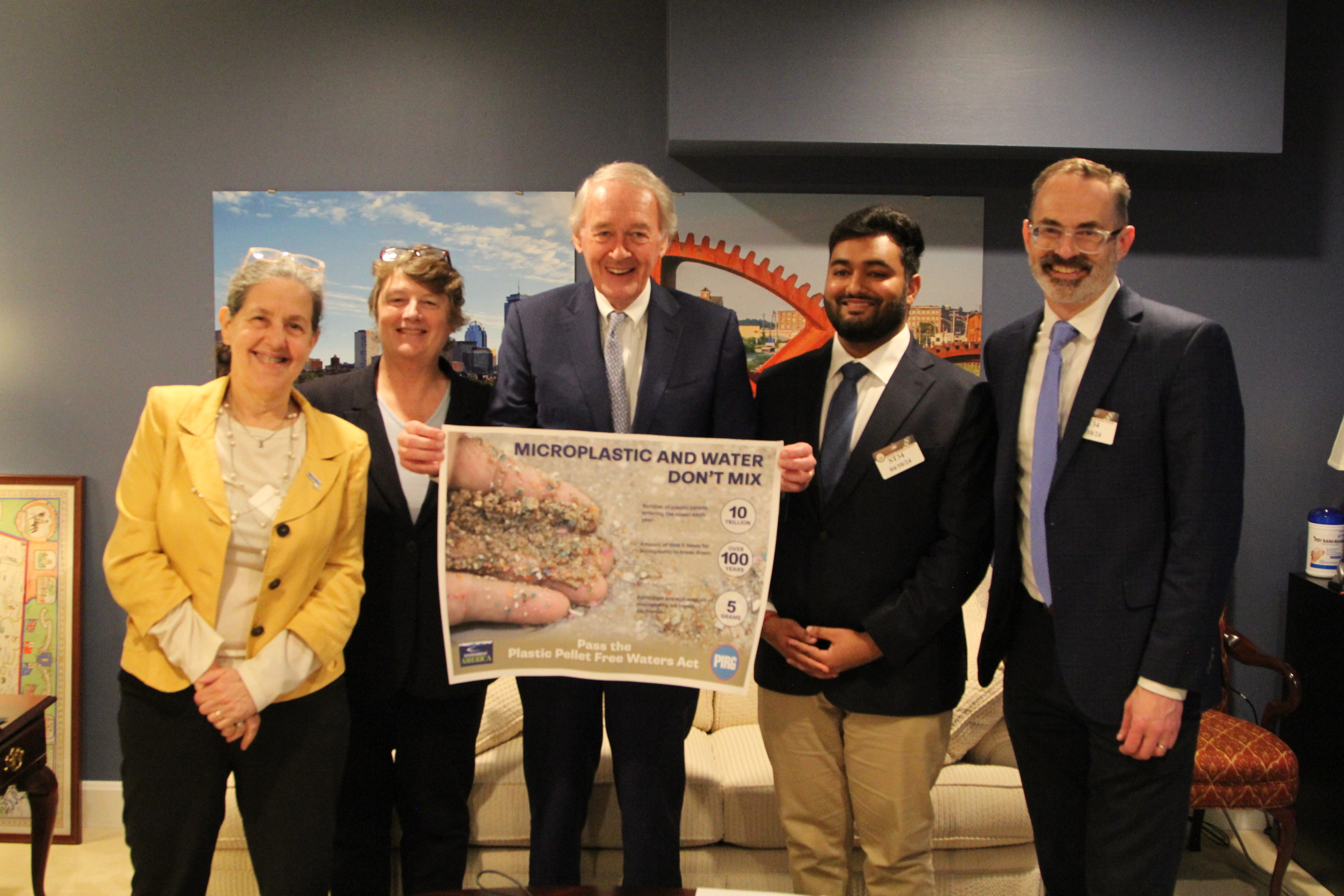
MASSPIRG goes to Washington to tackle plastic pollution and energy waste
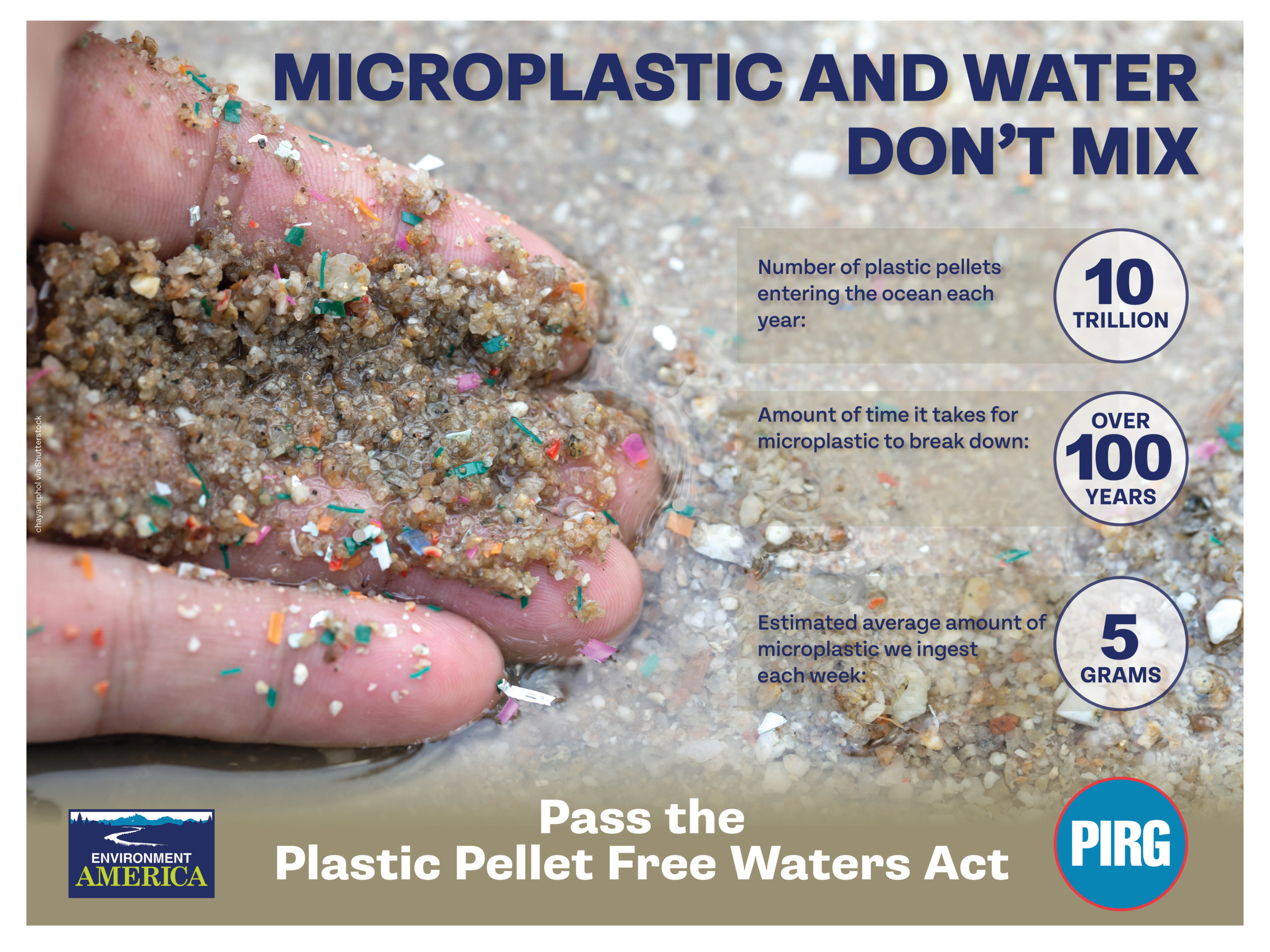
Lobby day secures bipartisan support for the Plastic Pellet Free Water Act
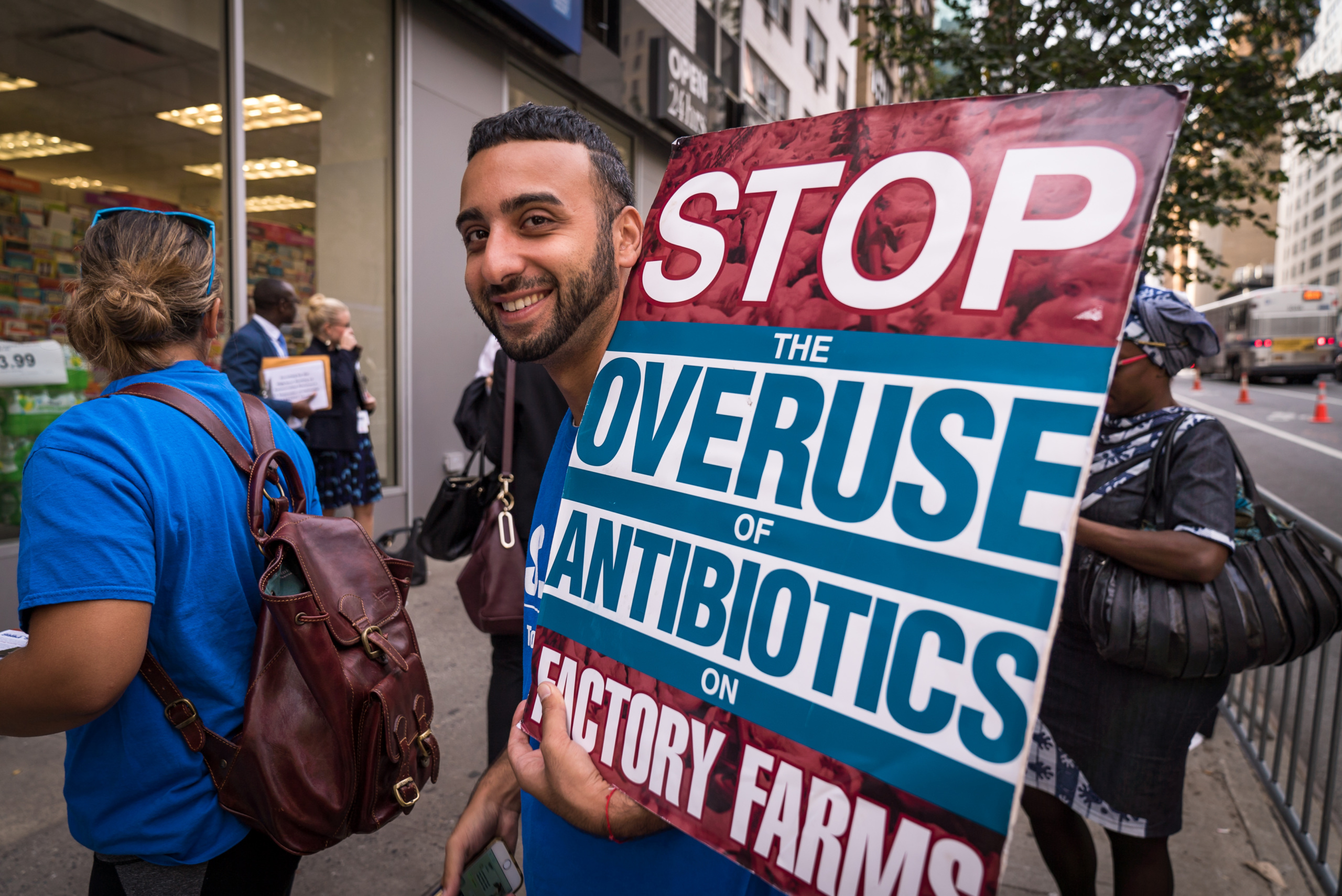
Stop The Overuse Of Antibiotics
Panera Bread backs off of no antibiotics policy
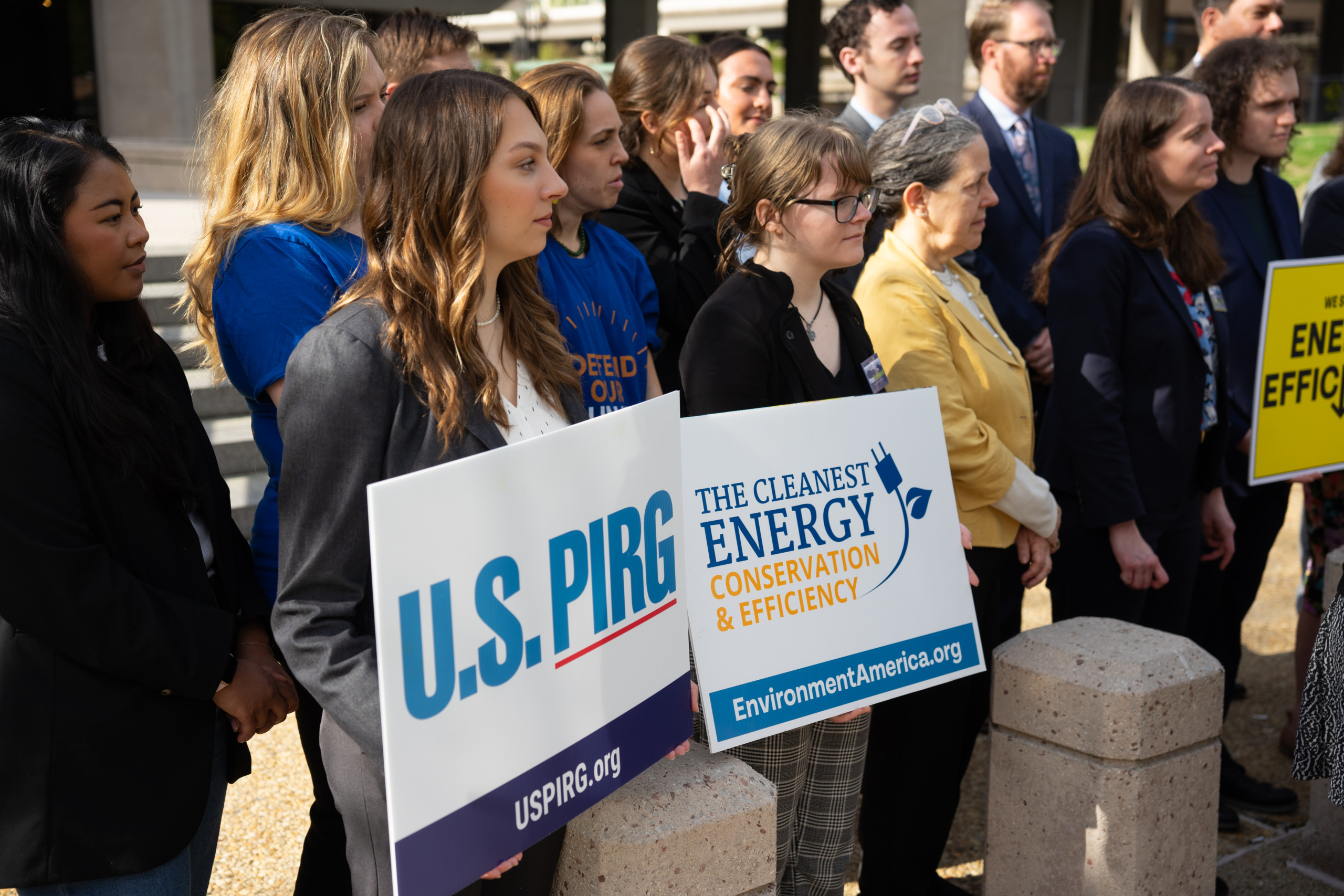
Energy Conservation & Efficiency
Groups urge Biden to ‘Finish the job’ on appliance efficiency

Energy Conservation & Efficiency